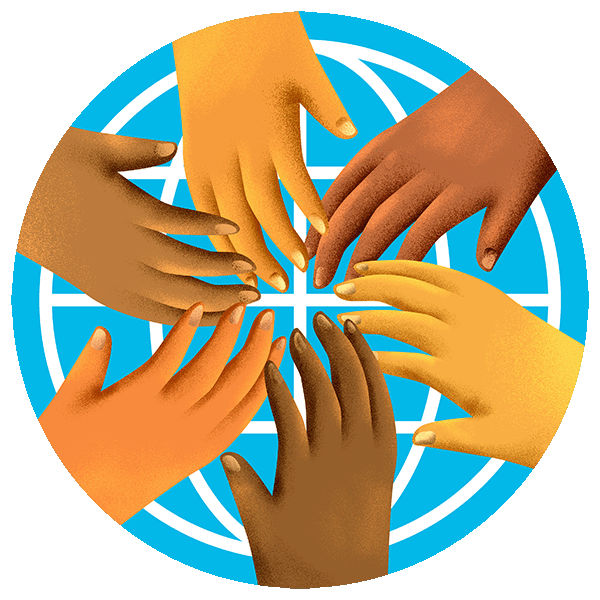
WCIP: Alexey Tsykarev on the State of Indigenous Rights in Russia
Alexey Tsykarev discusses the situation in Russia for Indigenous Peoples. Even though Russia abstained from voting for the UN Declaration on the Rights of Indigenous Peoples in 2007, many of the articles in the Declaration exist in Russian legislation, however, the implementation at the federal, regional and local level is still a problem.
WCIP: Alexey Tsykarev on the WCIP Negotiations Process
Alexey Tsykarev talks about the negotiations leading to the Outcome Document and how 3 months was not long enough and they should have been at least a year long.
WCIP: Alexey Tsykarev Explains his Disappointment with the WCIP Outcome Document
Alexey Tsykarev is disappointed with the outcome document and expected that it would be on the same level at least, as the UN Declaration of the Rights of Indigenous Peoples.
John Scott on Biodiversity at UNPFII 2015
John Scott highlights the importance of using processes established by Indigenous communities when gaining free, prior and informed consent for activities which will take place on their lands. He also talks about the importance of including traditional knowledge of Indigenous Peoples at the UN Permanent Forum.
Dalee Sambo on Accountability at UNPFII 2015
Dalee Sambo discusses the exchange between the Brazilian government's representative and representatives of Brazil’s Indigenous tribes at the UNPFII 2015. Violations of Land Rights continue in Brazil, including the criminalization of Indigenous Peoples who are trying to defend their rights to land.
Vicky Tauli-Corpuz On Paraguay at UNPFII 2015
Vicky Tauli-Corpuz talks about her visit to Paraguay in her capacity as UN Special Rapporteur on the rights of Indigenous Peoples. She discusses the process and the preparation of these visits, highlighting the need for autonomy and security for the people she talks with.
It is an opportunity to meet with Indigenous communities, civil society organisations, government ministers and the private sector and encourage dialogue across society.
Vicky Tauli-Corpuz at UNPFII 2015
Vicky Tauli-Corpuz talks about the importance of Indigenous Peoples using the range of international instruments and mechanisms in place, to pressure their governments to implement changes.
Interview Ben Koissaba on Preparing Indigenous Peoples to Navigate UN Spaces
Ben Koissaba shares insight on how Indigenous peoples at the United Nations can better navigate the permanent froum and other UN spaces.
Interview Antonio Gonzales on the Right to Free Prior and Informed Consent
Antonio Gonzales explains how without proper enforcement governments, cooperations, and extractive industries willingly ignore frameworks like FPIC which are designed to protect the rights of indigneous peoples.
Interview Antonio Gonzales on International Mechanisms
Antonio Gonzales has spent many years working with international forums for the rights of Indigenous Peoples. He has witnessed achievements but draws attention to the fact that indigenous communities across the world are struggling to bring their governments to the table for discussion. He is currently advocating for an International Convention.
